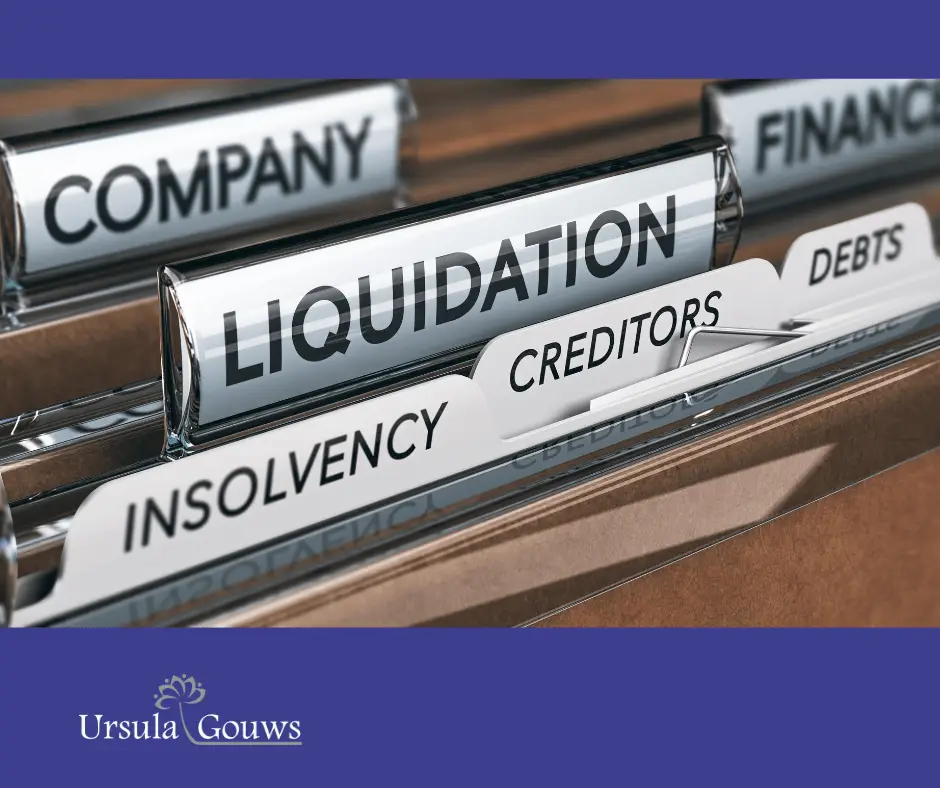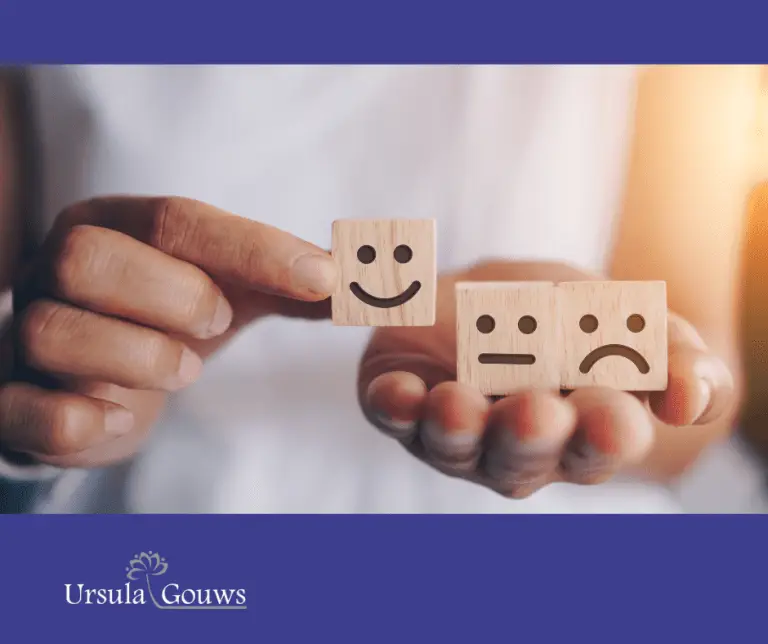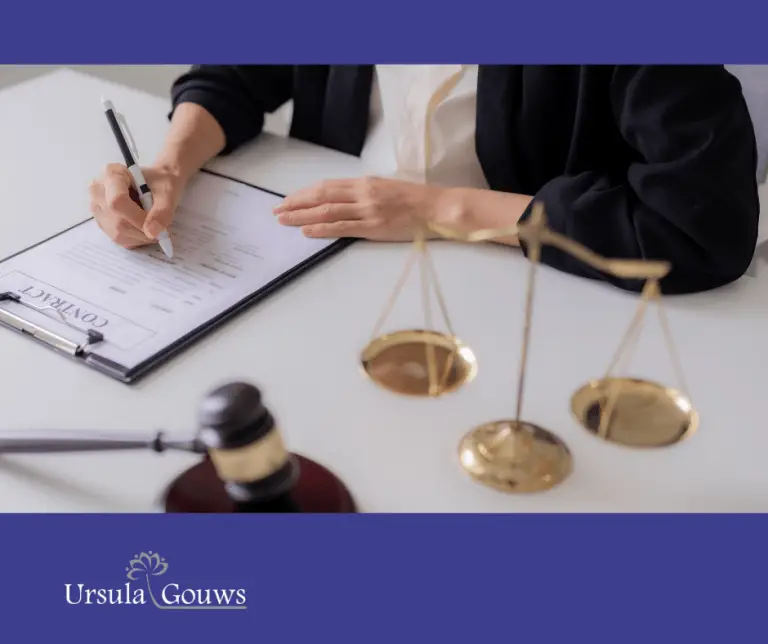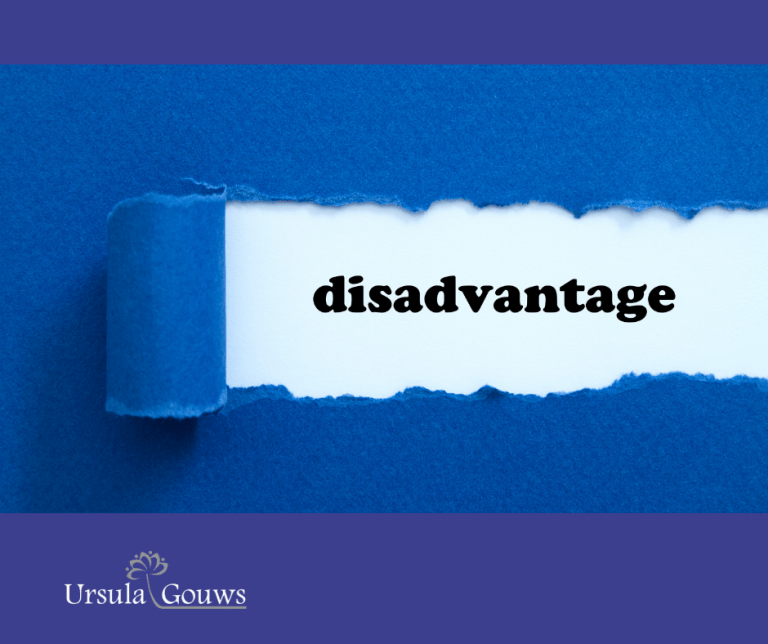One of the most significant personal financial challenges is being insolvent.
Insolvency is a difficult financial situation to find yourself in, but it does not have to be the end of your story.
We all have financial goals that we want to accomplish, such as buying a house, going on vacation, or owning a business.
However, life can be unpredictable, and sometimes money problems can hit us when we least expect them.
Understanding what insolvency means and how it can affect you and your finances is important.
But what does it mean to be financially insolvent? And how can you protect yourself from becoming insolvent?
In this blog post, we will delve deeper into the concept of insolvency, how it can impact your financial future, and what you can do about it.
Knowing this information can help you make informed decisions on managing your debt and getting back on track financially.
Let us look at the facts about insolvency and what you can do if you find yourself in this situation.
What Is Insolvency?
Insolvency is a financial state where:
- your liabilities exceed your assets, and
- you cannot meet your financial obligations or
- pay off your debts as they come due.
In other words, when you have more debt than assets. You are considered to be financially insolvent.
Insolvency can occur for various reasons, from job loss to medical bills or poor money management habits.
How Does Insolvency Affect You?
The effects of insolvency can be wide-ranging.
Not only do you owe creditors money, but you may also experience negative impacts on your credit score, which can make it harder for you to borrow money or obtain financing in the future.
In addition, if you don’t pay your debt for a long time, your creditors may decide to take legal action against you.
This could lead to salary garnishment or even legal court orders.
Also, the stress of being in debt can be hard on people’s emotions and especially hard for families.
Being overwhelmed by debt can make people feel lost and depressed, which is hard to deal with on your own.
The Consequences of Being Insolvent
When someone is insolvent, different things can happen based on their circumstances.
Most of the time, creditors and lenders who are trying to collect the money they are owed can take legal action against you.
This means creditors to whom you owe money can take your property and other assets to get the money back.
Being insolvent will negatively impact your credit score, which could make it hard for you to get credit in the future.
Regarding your financial history, this might also prevent you from getting specific jobs or promotions at your present employment.
What Can You Do About It?
Fortunately, there are steps that individuals in debt can take toward getting out of their financial troubles and regaining control over their finances.
The first step is often seeking professional help from a debt strategist with expertise in dealing with insolvent situations; they will assess your current financial situation and guide you on how best to move forward with managing your debt payments.
Debt Relief Options Available To You
- Debt Review / Counselling:
Debt Review, which is also called Debt Counseling, was made possible by the National Credit Act of 2007 in South Africa.
Its purpose is to help people who are having trouble paying back their debt.
It is a formal legal process overseen by the National Credit Regulator (NCR) that helps people escape their heavy debt.
- Debt Consolidation:
This involves taking out a new loan to pay off all your existing debts, leaving you with only one monthly payment.
This can be helpful in reducing your monthly payments, but it can also lead to a more extended repayment period and more interest paid over time.
- Sequestration / Voluntary surrender:
Sequestration is the only legal process to have your debt written off.
The Insolvency Act governs the legal process.
If you are an individual and want to declare yourself insolvent, you need to apply for Sequestration.
In simple terms, if an individual’s debthas become too greator impossible to manage, and the person’s liabilities exceed their assets, the individual is insolvent(bankrupt).
The purpose of Sequestration is to give an honest debtor a “fresh start” in life by relieving them of their debt.
How Can I Protect Myself From Becoming Insolvent?
It is important to stay organized with your finances and take steps to prevent financial problems before they start.
Making and sticking to a budget is very important. This will help you pay all your bills on time and not spend more than you have.
Also, set aside money in an emergency fund in case of unexpected expenses or losses of money.
If these things happen, you will have a way to pay for them.
Finally, be careful when you apply for loans or credit cards.
Don’t take on too much debt at once, and avoid loans with high interest rates that you might not be able to repay in the future.
Conclusion
Insolvency is a serious issue that must not be ignored or regarded with indifference.
On the other hand, you can safeguard yourself against insolvency by taking steps such as developing budgets and managing your finances smartly.
If you take these actions today, you can ensure that unforeseen financial problems do not arise, resulting in additional issues such as repossessions or legal action being taken against you by creditors attempting to collect unpaid debts.
No one should be forced to deal with these conditions alone; a debt strategist is available to offer support during these difficult times; therefore, do not be afraid to contact them.
This blog was brought to you by Ursula Gouws.
This blog is for information purposes only and does not constitute legal or financial advice.
If you enjoyed this blog, check out more Debt Talk with Ursula on the Ursula Gouws Consulting Blog, or download our Freebies to help you on your journey to a new financial future.
I am a Debt Strategist. Let me help you find the ideal legal solution for your unique debt situation.
I understand that dealing with financial distress can bring about feelings of guilt and shame, and even depression.
Rest assured – working together, we will get you back on track, so your finances and dignity are fully restored.
If you need help finding the ideal legal solution for your debt, feel free to reach out with the contact form on my Website.







